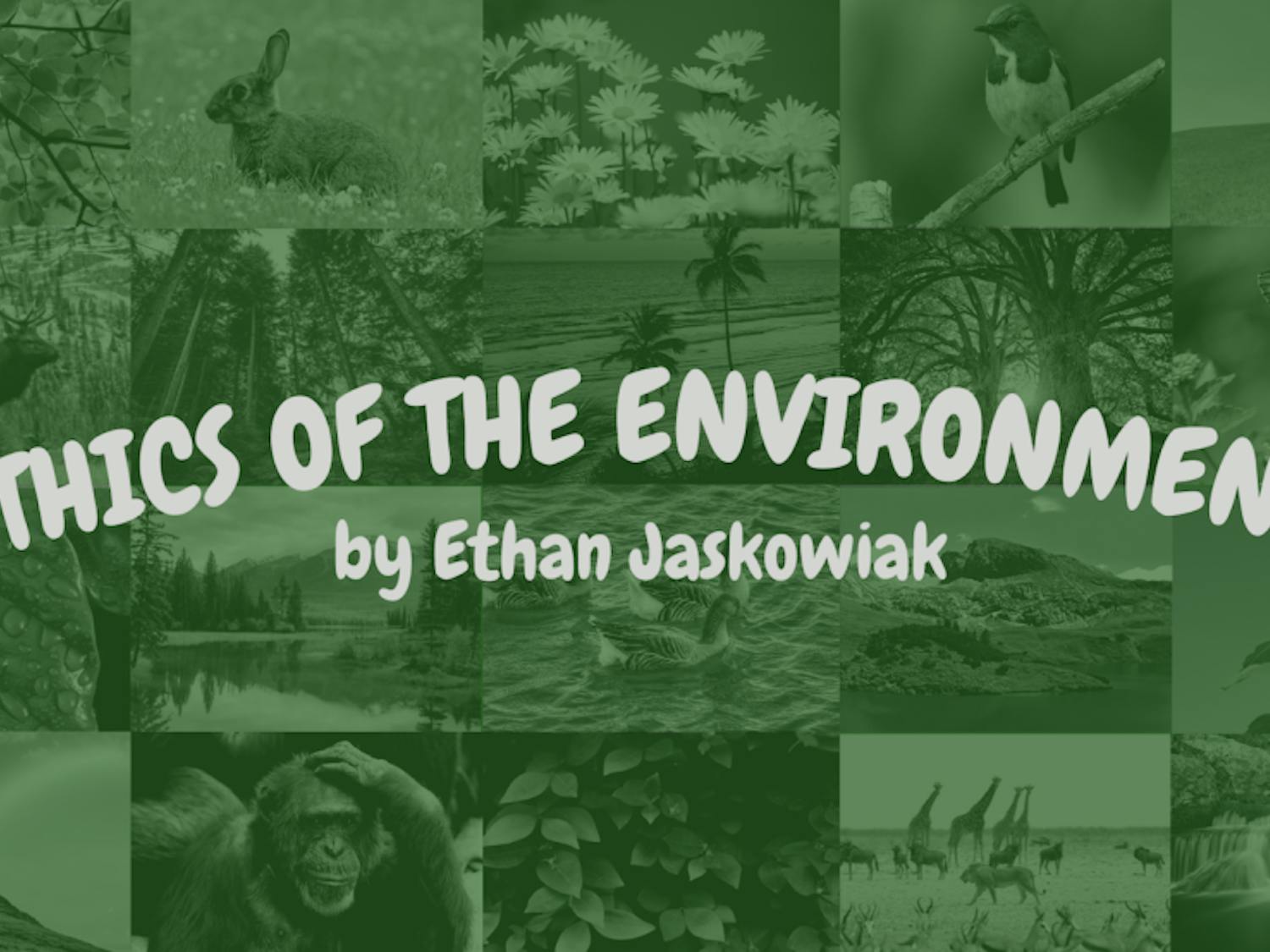From the classroom to the hospital and back again
By Ethan Jaskowiak | May 22I can’t remember when I had my first seizure, but it must’ve been at least eight years ago. I’m sure it happened like most of them — a few seconds of confusion, a sprinkle of vision loss, shaking arms and that signature, distant look my friends have since come to recognize. It started as a curiosity, something to be experimented with, often by standing up suddenly to see if I could trigger one, whatever they were. It was easy to dismiss them in high school as a strange quirk springing to life a dozen times a year: odd, but nothing to worry about. The arrogance of a young man was enough to protect me, I was sure of it.




